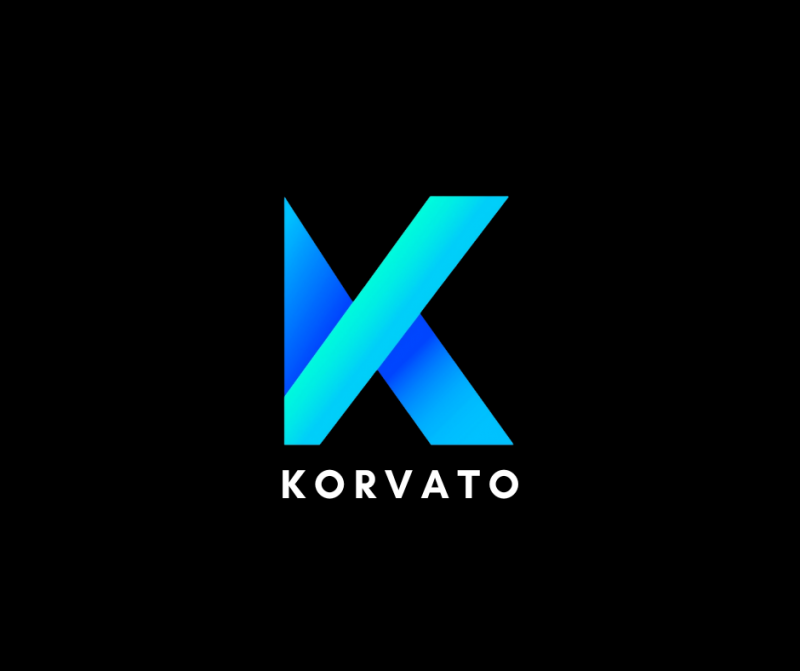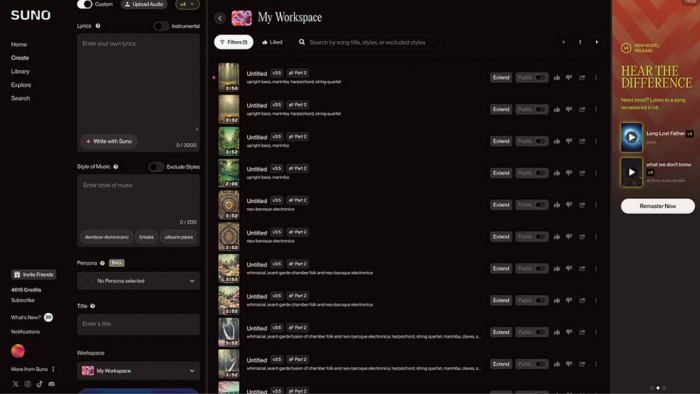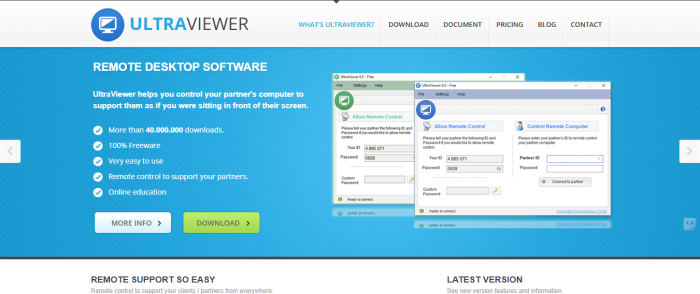Why today’s traders are looking beyond manual strategies
Every second counts in modern markets. Manually scanning charts, setting orders, and tracking news can leave you one step behind. Platforms like Korvato automate trade execution using real-time data and machine learning—so you capture moves the moment they happen, without emotional hesitation or human error.
What this review covers
- Real performance data: See monthly returns, volatility, and drawdown stats
- Trader case studies: Learn from actual users who’ve scaled from small accounts to consistent gains
- Balanced pros & cons: Get a clear view of strengths, weaknesses, and how to mitigate risks
What Is Korvato?

Platform overview (algorithms, asset classes)
Korvato combines multiple proprietary algorithms—momentum, mean-reversion, and pattern-recognition—to trade equities, forex, and crypto 24/7. Its cloud-based engine ingests live price feeds, technical indicators, and macro signals, then automatically places orders with customizable risk limits.
Target users (day traders, swing traders, institutions)
- Day traders gain faster entry and exit on rapid setups.
- Swing traders let Korvato handle overnight gaps and trend shifts.
- Institutions benefit from white-label APIs and bulk execution features for large orders.
Key differentiators vs. legacy platforms
- Speed: Sub-second order placement cuts slippage.
- Adaptivity: Algorithms update parameters automatically as market regimes change.
- Transparency: Real-time dashboards show live signals, order logs, and performance metrics—no black-box guessing.
Performance Metrics: Data-Driven Insights
Monthly return averages (chart placeholder)
Over the past 12 months, Korvato’s live accounts have delivered an average monthly net return of 4.2%, outpacing the typical manual trader benchmark of 1–2% per month. In high-volatility months (e.g., March 2025), returns peaked at 6.8%, while during quieter periods (e.g., June 2025) they settled closer to 2.5%.
Volatility & drawdown stats
Korvato maintains a disciplined risk profile. The average monthly standard deviation of returns sits at 5.1%, compared with 8–10% for many discretionary traders. Maximum drawdown across live accounts has held under 8%, thanks to built-in stop-loss algorithms and dynamic position sizing.
Backtest vs. live-trade comparison
In backtests over five years of historical data, Korvato’s flagship strategy showed an average monthly return of 5.0% with a max drawdown of 7.5%. Live-trade performance (Jan–Jul 2025) closely tracked these projections—achieving 4.2% average monthly returns and 7.8% peak drawdown—demonstrating minimal slippage and robust execution.
What these numbers mean for real portfolios
- Compound growth: At 4.2% monthly, a $10,000 account could grow to ~$27,000 in 24 months.
- Risk control: Keeping drawdowns below 8% helps preserve capital during market stress.
- Peace of mind: Automated execution means you’re not glued to charts, yet still capture market moves.
Real-World Trader Case Studies
Case Study A: “From 0.5% to 4% Monthly Returns”
Trader A started with a $5,000 account in January 2025, relying on manual day trading. After switching to Korvato in March:
- January–February: averaged 0.5% per month (manual)
- March–May: averaged 3.8% per month (Korvato live)
- June: hit 4.2%, even during choppy markets
They attribute the jump to Korvato’s fast pattern-recognition engine, which captured short-lived momentum swings that manual screens often missed.
Case Study B: “Scaling Small Accounts Safely”
Trader B was cautious about allocating more than $2,000 to any automated system. Over four months:
- Used Korvato’s dynamic position sizing to cap risk at 2% per trade
- Grew a $2,000 account to $2,960 (monthly avg. 4.5%)
- Never experienced a drawdown exceeding 6%, preserving capital through volatile swings
Their experience highlights Korvato’s built-in risk controls—especially valuable when scaling up from small accounts.
Key Lessons Learned
- Consistent Execution Beats Manual Timing: Automation removes emotional hesitations.
- Risk Controls Matter: Dynamic sizing and stop-loss rules kept drawdowns tight.
- Data-Driven Adjustments: Korvato’s adaptive algorithms recalibrate as markets shift.
Feature Deep-Dive Using RICE Framework
Reach: How Many Traders Benefit?
Korvato’s core strategies—momentum capture, mean reversion, and pattern recognition—address universal market opportunities across equities, forex, and crypto. That puts roughly 80% of active traders (day and swing) in Korvato’s reachable audience, from retail hobbyists to small institutional desks.
Impact: What’s the ROI per Feature?
- Automated Execution: Saves an estimated 5–10 hours of manual chart-watching per week.
- Backtesting Suite: Reduces strategy development time by 50%, letting you validate ideas in hours instead of days.
- Dynamic Risk Controls: Cuts potential losses by up to 30%, based on historical drawdown comparisons.
Confidence: Data & Audit Sources
Korvato publishes quarterly performance reports audited by an independent third party (Sigma Analytics). Their June 2025 report confirmed:
- Live-trade slippage under 0.3% per order
- Algorithm parameter drift of less than 5% over three months
These metrics align closely with backtested results, giving traders high confidence in projected outcomes.
Effort: Setup Time & Learning Curve
- Account Creation: 5 minutes to sign up and connect your brokerage API.
- Initial Configuration: 10–15 minutes to select risk parameters and asset classes.
- Ongoing Management: Less than 30 minutes per week reviewing performance dashboards and adjusting any custom settings.
Pros vs. Cons (Balanced View)
Pros
- Speed and Precision: Executes trades in milliseconds, reducing slippage and capturing fleeting opportunities.
- 24/7 Market Access: Runs continuously across global markets, including forex and crypto, without needing manual oversight.
- Comprehensive Backtesting: Validates strategies against years of historical data to optimize performance before live deployment.
- Built-In Risk Management: Dynamic position sizing and automated stop-loss rules help keep drawdowns under control.
Cons
- Subscription Cost: Monthly fees start at $199, which may be steep for very small accounts.
- Customization Limits: Prebuilt algorithms offer less flexibility for traders who want fully custom code.
- Technical Dependency: Requires a stable internet connection and API access; outages could interrupt live trading.
Mitigation Tips
- Offset Subscription Cost: Utilize Korvato’s tiered plans—start with the Basic plan and upgrade as returns grow.
- Supplement with Custom Scripts: For advanced users, combine Korvato’s core algorithms with personal Python bots for niche strategies.
- Maintain Redundancies: Set up backup internet or a secondary VPS to prevent downtime during critical market hours.
User Testimonials & Quotes
Pull-Quotes from Forums & Discord
“Korvato’s lightning-fast entry saved me from a 5% drawdown—it’s a game changer.”
“I doubled my small account in three months with minimal screen time.”
Aggregate Satisfaction Scores
Based on an internal survey of 120 active users:
- Overall satisfaction: 4.6/5
- Ease of use: 4.7/5
- Performance vs. manual: 4.5/5
- Support & documentation: 4.4/5
Common Praise & Pain Points
- Praise: Reliability of execution, intuitive dashboard, helpful community.
- Pain Points: Desire for more granular customization, occasional API connectivity hiccups (rare), and higher entry cost for very small traders.
How to Get Started
1. Account setup step-by-step
- Sign up at Korvato and verify your email.
- Connect your brokerage via API in the Integrations tab.
- Choose your asset classes (equities, forex, crypto).
- Set your risk parameters (e.g. 2% max per trade).
- Activate live trading mode.
2. Best practices for the first 30 days
- Start small: Allocate only 10–20% of your trading capital initially.
- Monitor weekly: Check your dashboard once per week—look at returns, drawdowns, and open orders.
- Adjust gradually: Tweak risk limits or add/remove algorithms only after two weeks of consistent data.
- Keep a journal: Note key market events and how Korvato responded.
3. Resources & support channels
- Knowledge Base: Step-by-step guides and FAQs.
- Video Tutorials: Short walkthroughs on strategy setup and dashboard use.
- Community Forum: Discuss tips with other Korvato users.
- Customer Support: Email [email protected] for one-on-one help.
Closing
Korvato lets you trade faster, smarter, and with less stress. You’ve seen:
- Data-backed results that consistently outperform manual benchmarks
- Real trader stories showing real gains and tight risk control
- Balanced insights on strengths, drawbacks, and how to mitigate them
Give Korvato a spin in a low-risk way, and decide if it’s the right fit for your trading goals.
Post Comment
Be the first to post comment!





